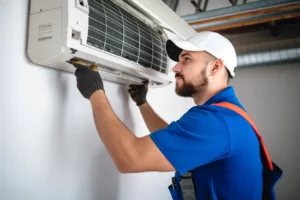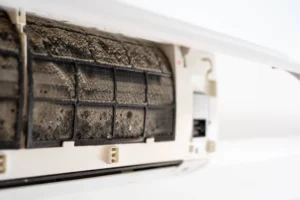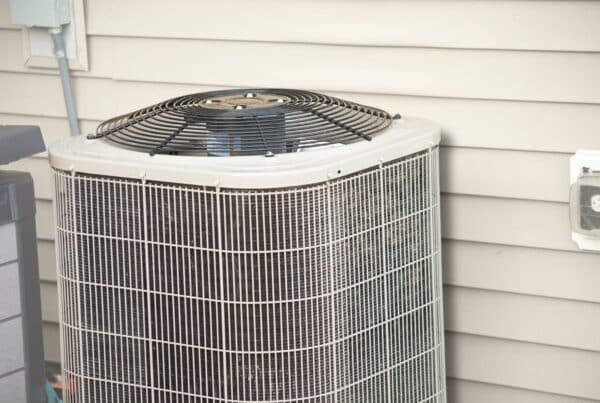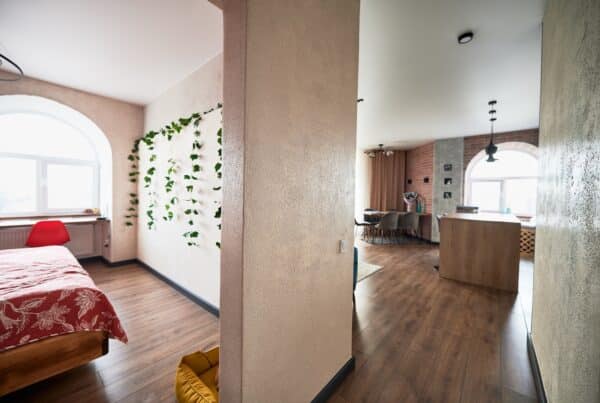
Air conditioning systems are essential for maintaining comfort in homes and workplaces, especially during hot weather. However, unpleasant odors emanating from air conditioners can turn a cozy space into an uncomfortable one. Let’s learn about understanding the causes of these bad smells, how to get rid of bad smells from air conditioners, and how to address them. This is vital for ensuring that your living or working environment remains pleasant.
Let’s learn more!
What Causes a Bad Smell in the Air Conditioner?
Several issues can lead to the development of a bad smell in an air conditioner:
- Mold and Mildew: These fungi thrive in moist environments and can grow on the coils, filters, or drain pans inside the AC unit.
- Clogged Drain Lines: When drain lines get clogged with debris, water can back up, creating a breeding ground for bacteria.
- Tobacco Smoke: Smoke particles can become trapped in the filters and ductwork, causing a persistent odor.
- Dead Animals: Small animals, such as rodents, can sometimes get into ducts and may die, leading to foul odors.
- Dust and Dirt Accumulation: Over time, dirt and dust can accumulate and, when combined with moisture, can cause musty smells.
How to Spot Mold or Mildew in Air Conditioner?
Identifying mold or mildew in your air conditioning system is crucial for maintaining a healthy living environment. Here are some signs to look out for:
- Unusual Odors: A musty or moldy smell when the air conditioner is running can clearly indicate mold or mildew presence.
- Visible Growth: Check for visible spots or discoloration on the vents, drip pans, or inside ductwork. Mold can appear as black, white, green, or brown patches.
- Health Symptoms: If occupants experience unexplained allergies or respiratory issues when the AC is on, this might be due to mold spores in the air.
- Excessive Humidity: High indoor humidity levels can promote the growth of mold and mildew inside air conditioning systems.
Health Risks Associated with Mold or Mildew in Air Conditioners
Mold and mildew in air conditioners can pose several health risks including:
- Allergic Reactions: Symptoms can range from sneezing, coughing, and sore throat to skin rashes.
- Respiratory Problems: Exposure can aggravate conditions such as asthma and may lead to respiratory infections.
- Toxigenic Effects: Some molds produce mycotoxins that have the potential to cause serious health problems if inhaled over time.
How to Get Rid of a Bad Smell from an Air Conditioner?
To eliminate bad odors from your air conditioning system, clean or replace the air filter, inspect the drain pan and lines, clean the evaporator and condenser coils, and consider using a commercial odor neutralizer formulated for AC systems.
If the smell persists, you may need professional cleaning, repair or replacement of ductwork, or installation of UV lights to prevent biological growth inside the AC unit.
Prevention is Key
Prevent bad odors by performing regular maintenance, including filter changes and coil cleaning, ensuring proper drainage and humidity control, and having periodic inspections done by professionals.
Maintain Good Air Quality
To ensure good air quality and prevent mold growth in your air conditioner:
- Regular Maintenance: Clean or replace air filters monthly during peak usage and schedule regular maintenance check-ups.
- Control Humidity: Use a dehumidifier to keep indoor humidity levels between 30% and 50%.
- Proper Ventilation: Ensure that areas like bathrooms and kitchens are well-ventilated to reduce moisture accumulation.
Cost of Professional Air Conditioning Cleaning
Investing in professional cleaning services can save you from the health risks and long-term costs associated with mold and mildew. The cost varies depending on:
- The size of your HVAC system
- Extent of mold contamination
- Accessibility of the area needing cleaning
While these costs can vary greatly, homeowners should expect to pay somewhere between $100 to $500 for standard air conditioning cleaning services. More extensive mold remediation in the HVAC system can exceed these costs, so it’s best to address any issues promptly before they escalate.
Other Preventative Maintenance
Now that you know about how to get rid of bad smells from your air conditioner, let’s look at other preventative maintenance.
One of those is the air conditioner turns off by itself. This can be due to a clogged air filter or frozen evaporator coils so it is important to get it checked out.
Another is if the air conditioner is frozen. Unfortunately, this happens when it is low on refrigerant, a dirty air filter, or thermostat issues.
Lastly, is ceiling fans. Having ceiling fans in the home can help you run your air conditioning unit less. This is because they help cool down the rooms, thus, making your electric bill cheaper.
When to Call a Professional
Call a professional if the smell continues despite thorough cleaning, you suspect mold or bacterial growth deep within the system, or the AC shows signs of inefficient operation or other mechanical issues. Also, you don’t want to take this issue into your own hands as the health and safety of your family are important.
Check out the video below about HVAC bad odors.
Conclusion
Bad smells from an air conditioner can be disruptive but are often a sign of a solvable issue. With regular maintenance, cleaning, and occasional professional help, you can keep your AC smelling fresh and functioning efficiently. If you’re unsure about tackling the problem yourself, it’s best to consult with a certified HVAC technician to ensure that the job is done safely and effectively. While you are taking care of your air conditioning system, it is a good time to call the Bentley Home Inspection team for a home inspection in East Tennessee and surrounding areas





